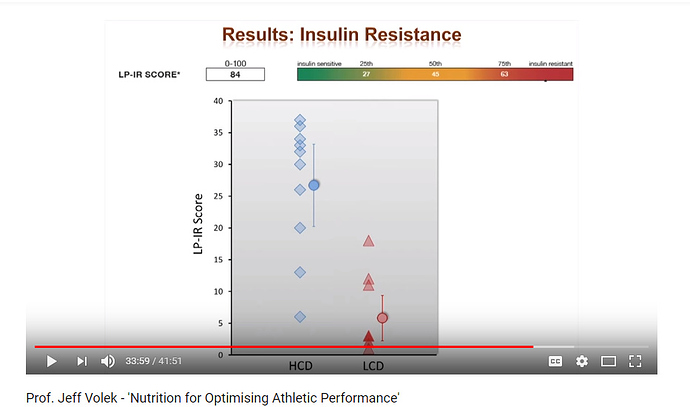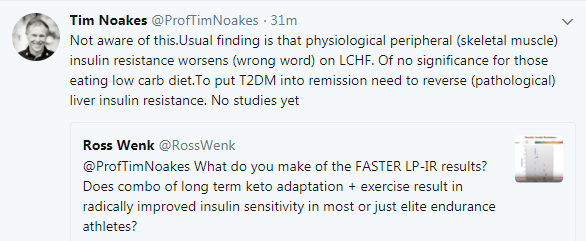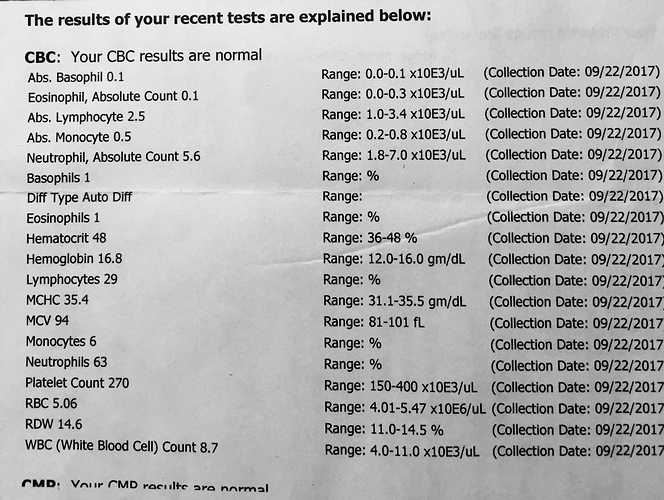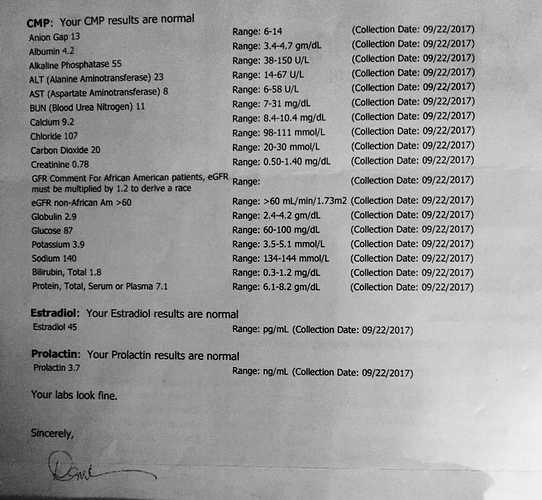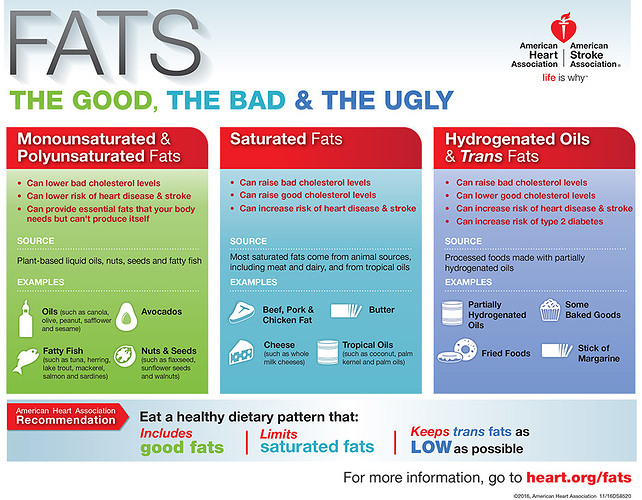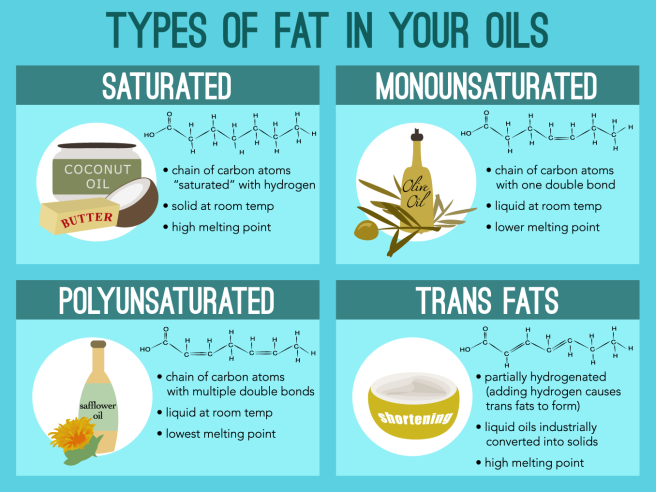That is fascinating! I know ACV increases insulin sensitivity. (just wish they would include those types details about the keto side of the study subjects dietary methods “are you taking ACV?”) From the looks of the research below a Ketogenic metabolism (LCHF) is doomed (long-term) without ACV? Anybody care to elaborate further that has more information on the particulars of this? My theory is that it has more to do with insulin spiking (how many times you are spiking insulin in one day?) within a circadian cycle when you eat!
The role of acetic acid on glucose uptake and blood flow rates in the skeletal muscle in humans with impaired glucose tolerance. CONCLUSIONS: In individuals with IGT, vinegar ingestion before a mixed meal results in an enhancement of muscle blood flow, an improvement of glucose uptake by the forearm muscle and a reduction of postprandial hyperinsulinaemia and hypertriglyceridaemia. From this point of view, vinegar may be considered beneficial for improving insulin resistance and metabolic abnormalities in the atherogenic prediabetic state. https://www.ncbi.nlm.nih.gov/m/pubmed/25626409/
Remission of recently diagnosed type 2 diabetes mellitus with weight loss and exercise. https://www.ncbi.nlm.nih.gov/m/pubmed/25636149/
Skeletal Muscle Insulin Resistance: Roles of Fatty Acid Metabolism and Exercise https://www.ncbi.nlm.nih.gov/pmc/articles/PMC2579902/
Skeletal Muscle Insulin Resistance Is the Primary Defect in Type 2 Diabetes https://www.ncbi.nlm.nih.gov/pmc/articles/PMC2811436/
Mechanisms underlying skeletal muscle insulin resistance induced by fatty acids: importance of the mitochondrial function https://www.ncbi.nlm.nih.gov/pmc/articles/PMC3312873/p
Fat in the liver and insulin resistance. https://www.ncbi.nlm.nih.gov/m/pubmed/16179270/
The Role of Insulin Resistance in Nonalcoholic Fatty Liver Disease https://academic.oup.com/jcem/article/91/12/4753/2656230
What Causes Insulin Resistance?
Michael Greger M.D. FACLM January 6th, 2017
“…Same thing happens to adolescents. You infuse fat into their bloodstream. It builds up in their muscles, and decreases their insulin sensitivity—showing that increased fat in the blood can be an important contributor to insulin resistance.
Then, you can do the opposite experiment. Lower the level of fat in people’s blood, and the insulin resistance comes right down. Clear the fat out of the blood, and you can clear the sugar out of the blood. So, that explains this finding. On the high-fat diet, the ketogenic diet, insulin doesn’t work as well. Our bodies are insulin-resistant.
But, as the amount of fat in our diet gets lower and lower, insulin works better and better. This is a clear demonstration that the sugar tolerance of even healthy individuals can be “impaired by administering a low-carb, high-fat diet.” But, we can decrease insulin resistance—the cause of prediabetes, the cause of type 2 diabetes—by decreasing saturated fat intake. …” https://nutritionfacts.org/video/what-causes-insulin-resistance/

